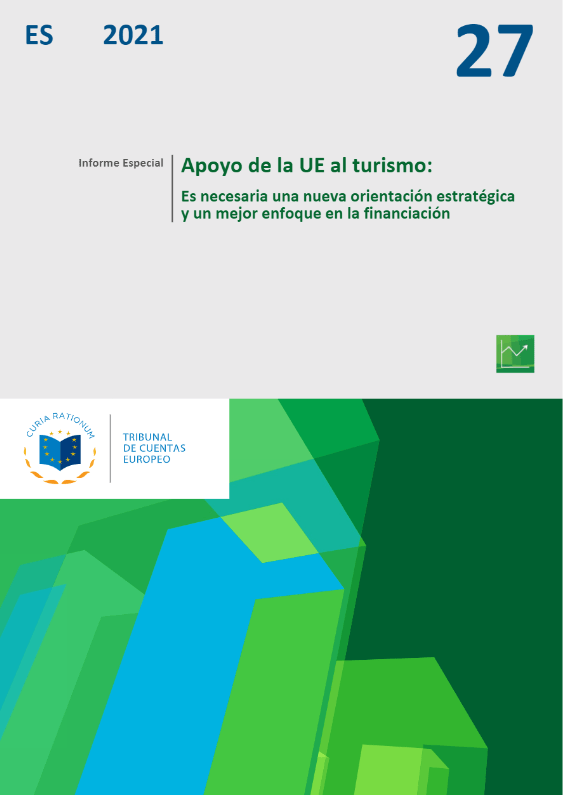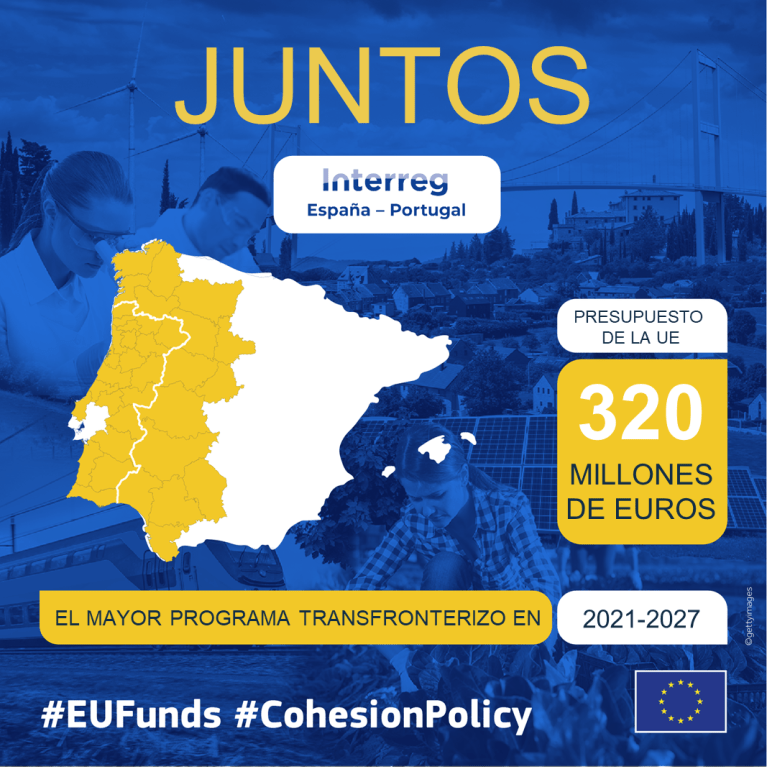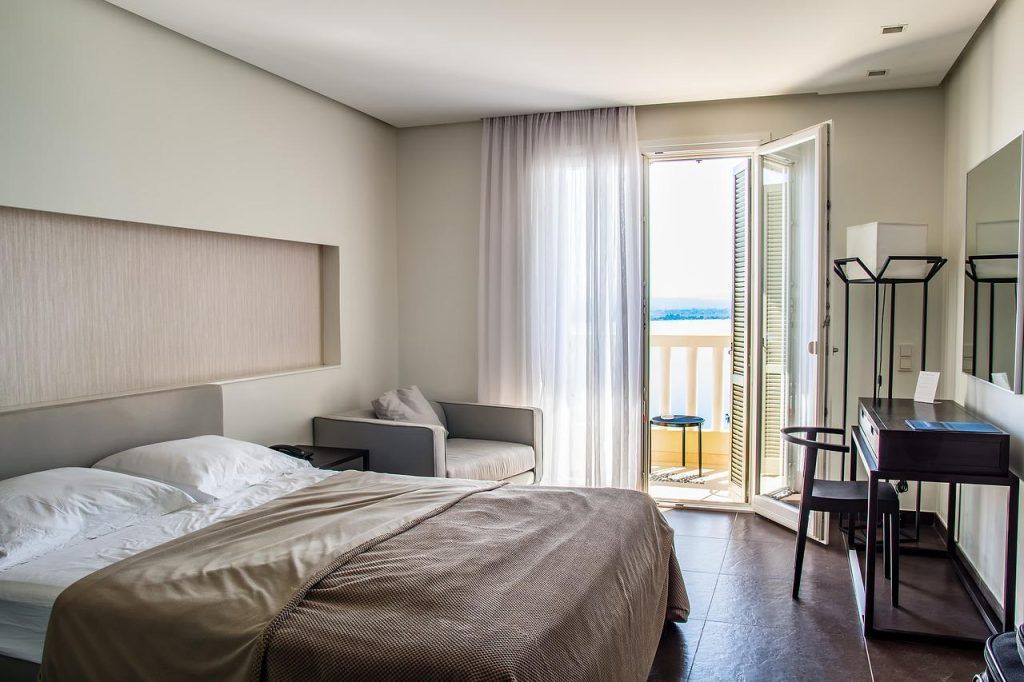The European Commission has published the results of an external market study on the distribution practices of hotels in the EU.
The market study was conducted in 2021 and covers the period between 2017 and 2021. It focused on a representative sample of six Member States (Austria, Belgium, Cyprus, Poland, Spain and Sweden). The study aimed to:
- obtain up-to-date facts on hotels’ distribution practices, following up on a similar monitoring exercise carried out by the European Competition Network (ECN) in 2016;
- establish whether hotels’ distribution practices differ between Member States;
- identify any changes in hotels’ distribution practices, as compared to the results of the ECN monitoring exercise of 2016;
- find out whether laws banning the use of wide and narrow parity clauses by online travel agents in Austria and Belgium have led to changes in hotels’ distribution practices in those Member States. Parity clauses prevent hotels from offering better conditions on sales channels other than the website of the online travel agent with which the hotel has a contract. Wide parity clauses relate to the price and other conditions offered by the hotel on all other sales channels, whereas narrow parity clauses relate only to the prices published by the hotel on its own website.

Apoyo de la UE al turismo |
The main results of the market study
The results of the market study do not indicate any significant change in the competitive situation in the hotel accommodation distribution sector in the EU compared to 2016. In particular:
- Online travel agencies (‘OTAs’) account for 44% of independent hotels’ room sales, a slight increase relative to 2016.
- Booking.com and Expedia remain the leading OTAs for hotel bookings and there is no sign of significant changes in OTA market shares or of new OTA entry.
- The commission rates paid by hotels to OTAs appear to have remained stable or slightly decreased.
- The level of room price and room availability differentiation applied by hotels both between different OTAs and between the hotels’ own websites and OTAs appears to have decreased.
- It appears that some OTAs use commercial measures, such as improved/reduced visibility on the OTA website, to incentivise hotels to give them the best room prices and conditions.
- The relative importance of hotel sales channels (online/offline, direct/indirect) differs to some extent between Member States, but there appear to be no significant differences in the conditions of OTA competition.
- Laws in Austria and Belgium banning the use of wide and narrow OTA parity clauses in the hotel sector do not appear to have led to material changes in hotel distribution practices, relative to the other Member States covered by the study.

More than 320 M € for cross-border cooperation between Spain and Portugal |
The Commission consulted the EU National Competition Authorities (‘NCAs’) on the design of the market study and has discussed the results of the study with them.
More information: Press release – European Commission







Leave a Reply